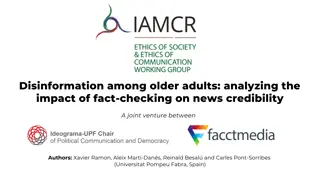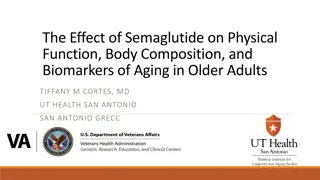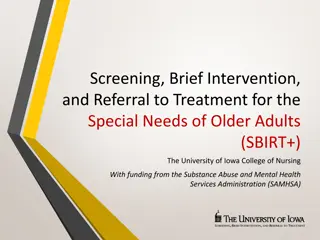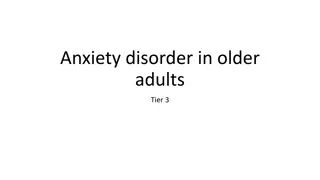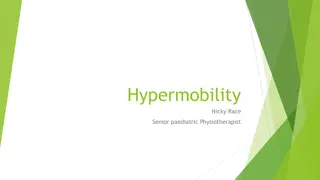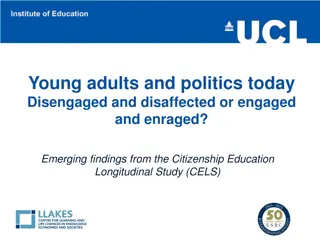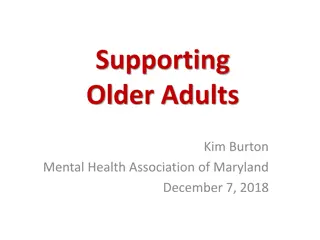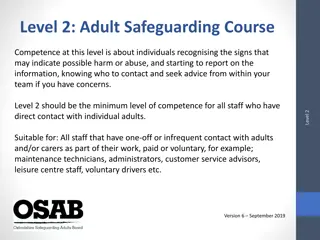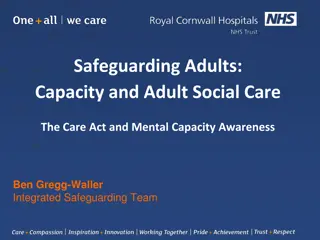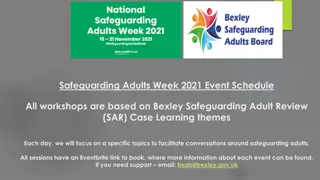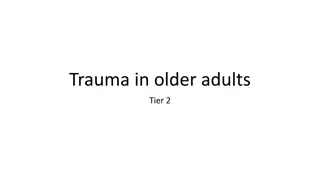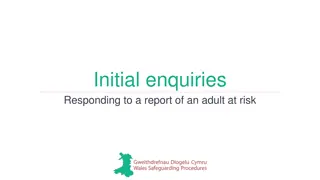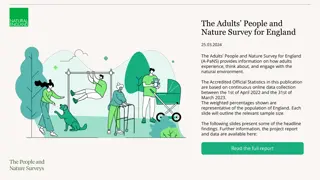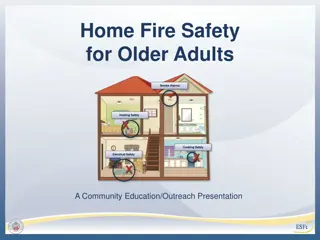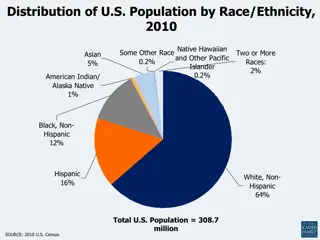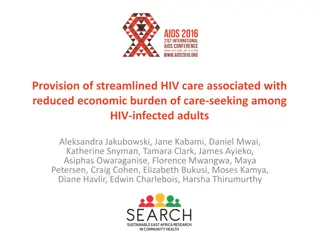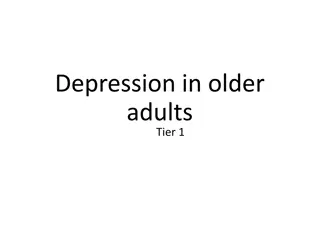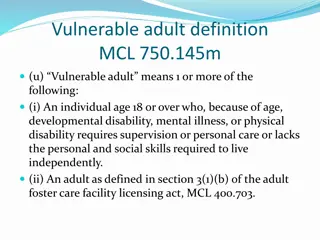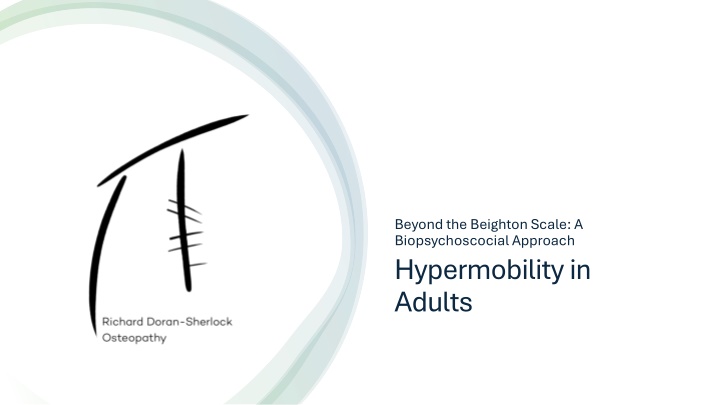
Hypermobility in Adults: A Biopsychosocial Approach
Explore the biopsychosocial approach to hypermobility in adults, beyond the limitations of the Beighton Scale. Learn about the revised nosology, diagnostic criteria, multisystem involvement, dysautonomia, mental health implications, and challenges in receiving hypermobile-informed care. Discover insights from an osteopath based in Dublin, Ireland, specializing in EDS/hypermobility management.
Uploaded on | 0 Views
Download Presentation

Please find below an Image/Link to download the presentation.
The content on the website is provided AS IS for your information and personal use only. It may not be sold, licensed, or shared on other websites without obtaining consent from the author. If you encounter any issues during the download, it is possible that the publisher has removed the file from their server.
You are allowed to download the files provided on this website for personal or commercial use, subject to the condition that they are used lawfully. All files are the property of their respective owners.
The content on the website is provided AS IS for your information and personal use only. It may not be sold, licensed, or shared on other websites without obtaining consent from the author.
E N D
Presentation Transcript
Beyond the Beighton Scale: A Biopsychoscocial Approach Hypermobility in Adults
Who am I? Osteopath based in Dublin, Ireland Works with acute and persistent pain issues Undergone training in EDS/hypermobility management with the International Ehlers-Danlos Society Member of the Osteopathic Council of Ireland, General Osteopathic Council, Environmental Physiotherapy Association Author of research papers on nature-based health and therapy interventions Email: richardosteodublin@gmail.com Website: www.richardosteo.ie
Revised nosology in 2017 American Journal of Medical Genetics Heritable group of connective tissue disorders 13 subtypes of EDS most very rare hEDS, vEDS, cEDS most common hEDSand HSD exist on a continuum Epidemiology uncertain mostly women/AFAB (~90%), little data from outside Europe/North America Characterised by skin & MSK complications Ehlers- Syndromes (EDS) & Hypermobility Spectrum Disorder (HSD)
Beighton Scale 9 point diagnostic checklist Doesn t account for multisystemic nature of condition Spectrum does not does not infer severity of symptoms
2017 Diagnostic criteria
Beyond the 2017 criteria Multisystem involvement Spectrum of symptoms, individualised presentation Spider diagram from Ewer et al, 2024
Dysautonomia Postural Tachycardia Syndrome
Mental Health Anxiety/Depression common Hypermobility strongly associated with increased rates of neurodivergence (Csecs et al, 2022)
Medical Trauma Can take significant time for hypermobile informed care Often without diagnosis for years Dental anaesthetics
UTIs, incontinence (Boileau et al, 2024) Other systems Dysmenhorrea (Hugon-Rodin et al, 2016) IBS, hernias, GORD (Castori et al, 2015)
Mast Cell Activation Syndrome (MCAS) Aberrant mast cell activation Immune mediated sensitising factor? Overlapping features no evidence as of yet that directly links conditions, strong association observed in diagnosed population Antihistamine treatment?
Person Centred Care Listening, validating, sense-making Education how do we factor in neurodiversity? Supporting/Coaching through diagnostic journey
MSK management Relaxation education around muscle guarding and movement avoidance, explore embodied experience through breathing, manual therapy, etc. Avoiding nocebos managing subluxations and narratives about joint instability Supported self-management identifying triggers, allostatic load
Movement, training, exercise Pain, fatigue & fear are common barriers (Simmonds et al, 2017) Various movement types can be helpful
Individualised to level of conditioning, symptoms, socioeconomic circumstances Personalised Movement approaches Stretching is safe (PNF, Isometrics, C/R, MET) Smart programming Flare-management Patient goals are key Graded exposure/Progressive Overload
Thank you/ Thank you/ Go raibh maith agaibh! Questions? Email: richardosteodublin@gmail.com Website: www.richardosteo.ie

